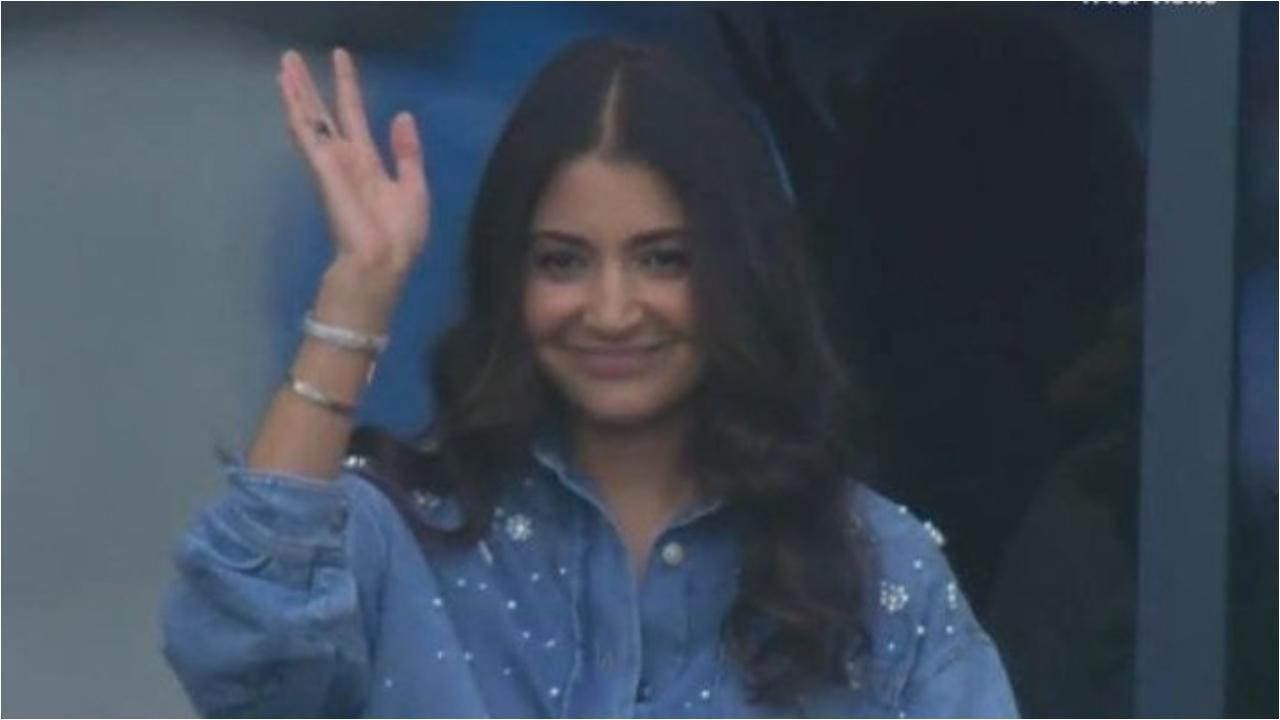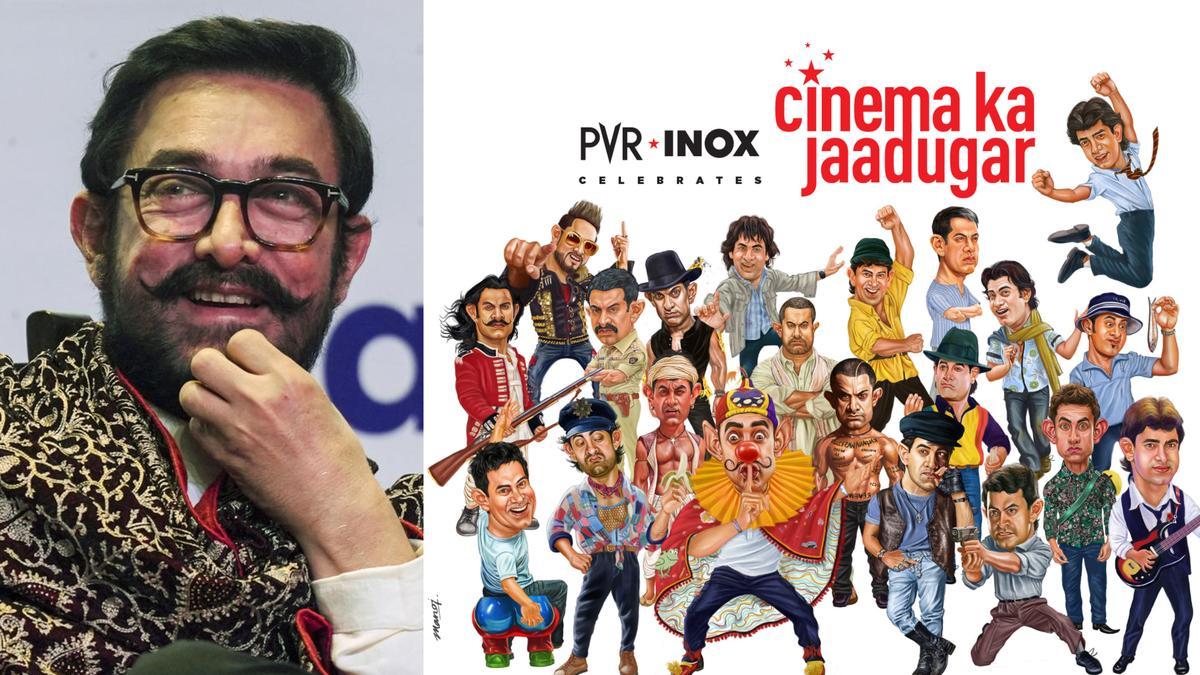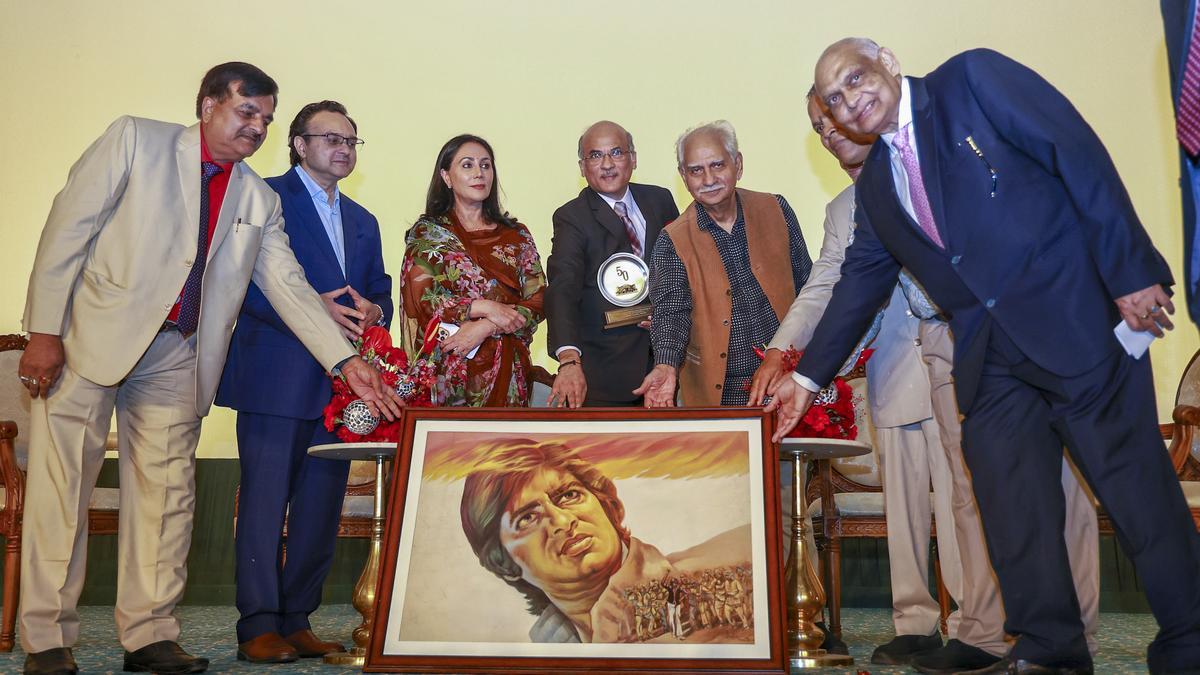
At the heart of Coke Studio Bharat beats the pulse of a vibrant India—a kaleidoscope of music reflecting the diverse stories of its youngest citizens. The project, orchestrated by the enigmatic Ankur Tewari, serves as a cultural tapestry that weaves a narrative deeply resonant with the passions and concerns of the burgeoning Gen-Z population. Though an unassuming presence behind the eclectic beats and melodies that grace television, Tewari’s role as the curator is undeniably crucial. Describing his complex involvement with modest humor, he is the unseen force ensuring harmony between every note played and the rich tapestry of India’s myriad stories.
With an empathetic vision, Ankur Tewari endeavors to sculpt the auditory essence of the nation. The orchestrator of the musical sojourn at Coke Studio Bharat, Tewari’s engagement isn’t just with strings and keys, but with the living, breathing experiences of the youngest demographic that makes India ‘the youngest country in the world.’ His dedication is evident as he envelops himself in the task of confabulating with a range of musicians, lyricists, and artists. His crusade is to navigate the vast emotional landscape of India’s youth, crafting a sonic palette that articulates their tales. His advisory cohort, studded with the prolific acumen of musicians like Kausar Munir, KJ Singh, and Swanand Kirkire, aids him in this creative endeavor.
Well into his forties, Tewari’s attunement with the Gen-Z audience is not simply a matter of trend-watching but a result of immersive conversations, though he laughs off the idea that this might be confounding. The peripatetic musician derives his insights from “formally interviewing a bunch of kids from different places, including the interiors of India” and paying close attention to the youth. Often, he gathers intelligence from the interns and organizers at his music engagements, uncovering their disdain for pretense and their craving for authenticity. He has glimpsed their discontent with the world they’ve inherited and their readiness to confront issues from environmental crises to the tumultuous journey of maturing into adulthood. Tewari’s conviction is clear: it’s high time the older generations tune in to the pulsating heart of youth—a force both fearless and candid.
Coke Studio Bharat has had its musical morsels digested by the masses, sometimes inadvertently, through the incorporation of folk tunes in Indian television. Yet, the reach of music transcends linguistic barriers, as Tewari notes with a sparkle of pride. He observes with admiration how people dance to melodies despite not understanding the language, much like the global sway to “Macarena.” The studio’s previous offerings, such as the Gujarati song “Khalasi” and the Kashmiri “Kya karie korimol,” illustrate this phenomenon, blurring the lines of regional confines.
Tewari’s musical flair isn’t limited to the cultural vignettes of Coke Studio Bharat. Before he wove together the melodic dialects of India, he made waves with his sonic contributions to The Archies—a contrast in genre and style. Esteemed composers in the cinematic domain laud his chameleonic ability to infuse disparate musical projects with a distinctive vitality. However, Tewari humbly reflects on his journey, acknowledging the unseen flops amidst his symphonic triumphs. He surmises that his successes share a common thread: a reflection of his core reasons for pursuing music—an undiminished love for the craft and the joy of creation, transcending the pursuit of popularity.
As Coke Studio Bharat prepares for its upcoming season, it’s graced with an illustrious lineup of artists including Shreya Ghoshal, Diljit Dosanjh, Cyli Khare, Raf Saperra, MC Square, Neha Kakkar, and Kamla Devi. Anticipation mounts as the week heralds the launch of this season’s soundscape—set to etch the ethos of a nation in the global annals of music, influenced by its youth, and fashioned by the maestro Ankur Tewari.










